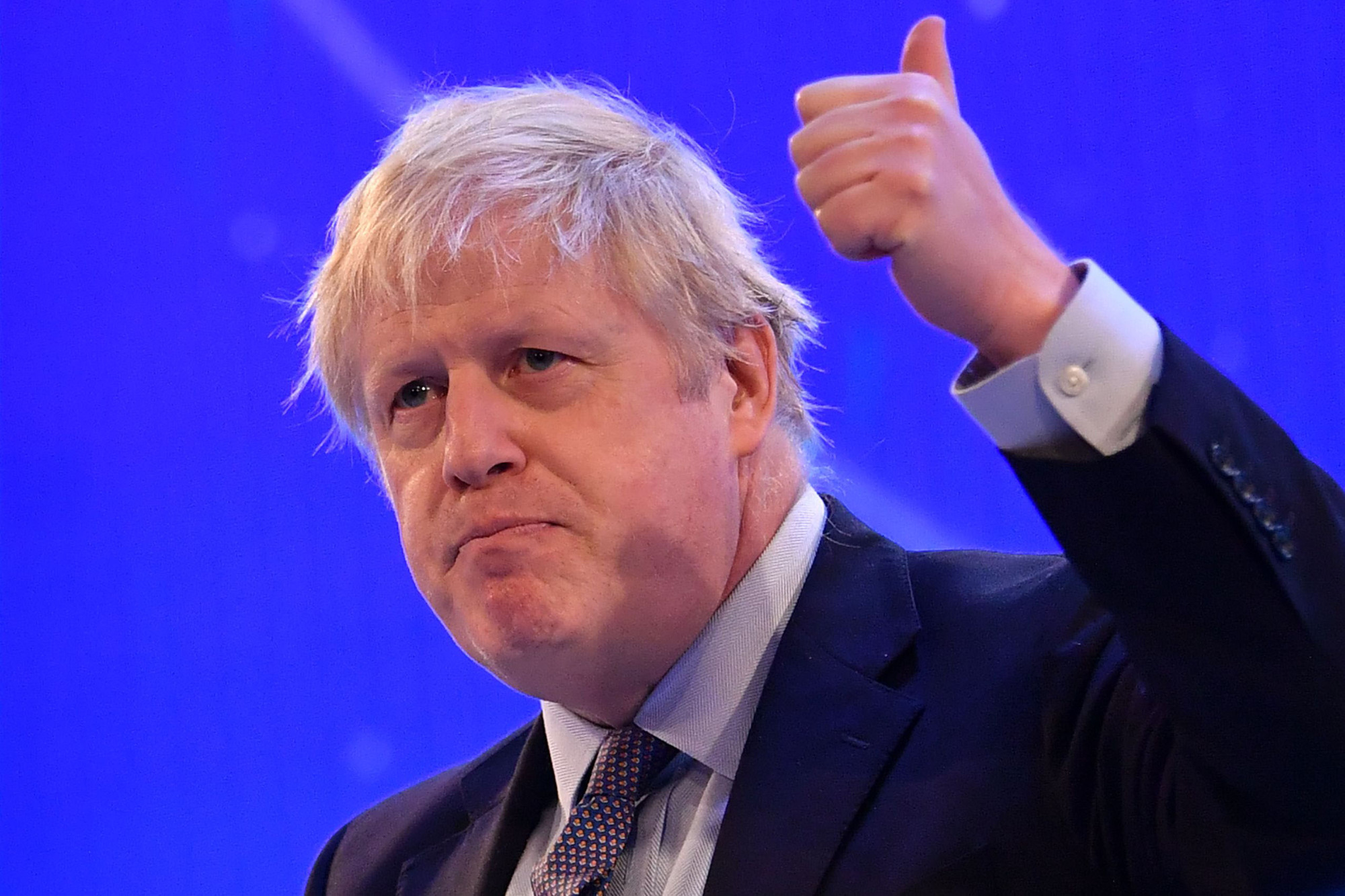British Conservatives can claim to be the world's oldest and most successful political party. They've been written off more than a few times in the 200-plus years they've been around. But they've always bounced back. Their secret? The ability and willingness to reinvent themselves — even when that means giving up what supposedly defines them and the values they hold most dear.
The party's arch pragmatism doesn't mean that it's immune from ideological preoccupations. Indeed one can look back at the party's history and find plenty of examples: refusing to extend the vote franchise in the 1830s, holding onto the British Empire in the 1950s, joining the European Economic Community, the precursor to the European Union, in the 1960s and, after the global financial crisis of 2007/8, insisting on austerity. It's just that those ideas, held so passionately at the time, are also mutable.
The Tory party does have a basic disposition — namely, the desire to defend private property and personal liberty against a state that, except when it comes to its core task of maintaining domestic and national security, should be kept from growing too large and too expensive over the long term, primarily by ensuring that it is run by Conservatives rather than their opponents. But anything above and beyond that tends to be a temporary obsession or else a temporary solution.
















With your current subscription plan you can comment on stories. However, before writing your first comment, please create a display name in the Profile section of your subscriber account page.